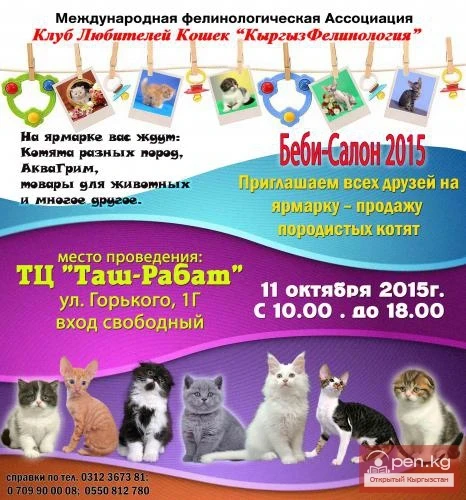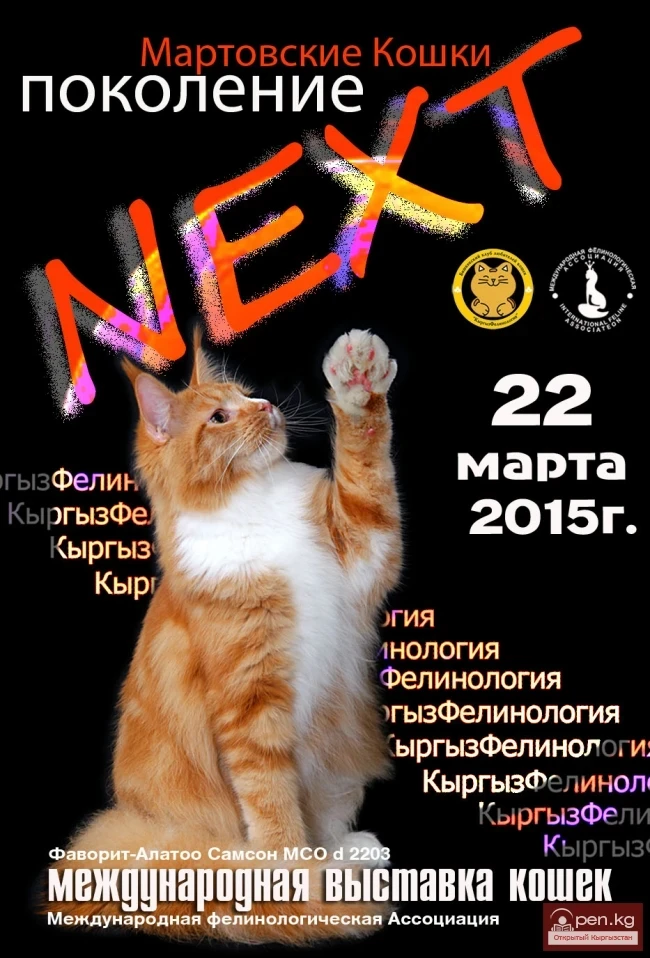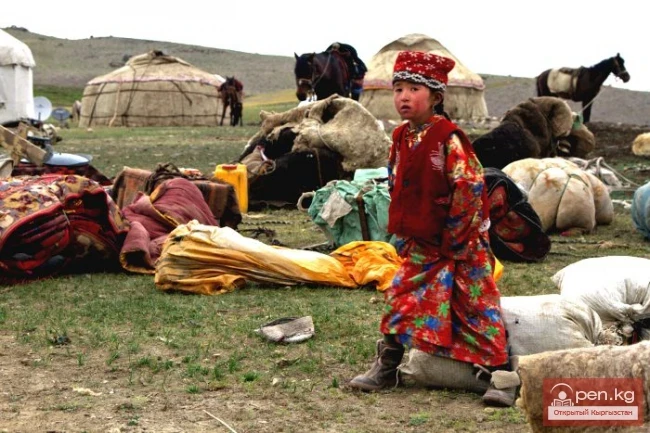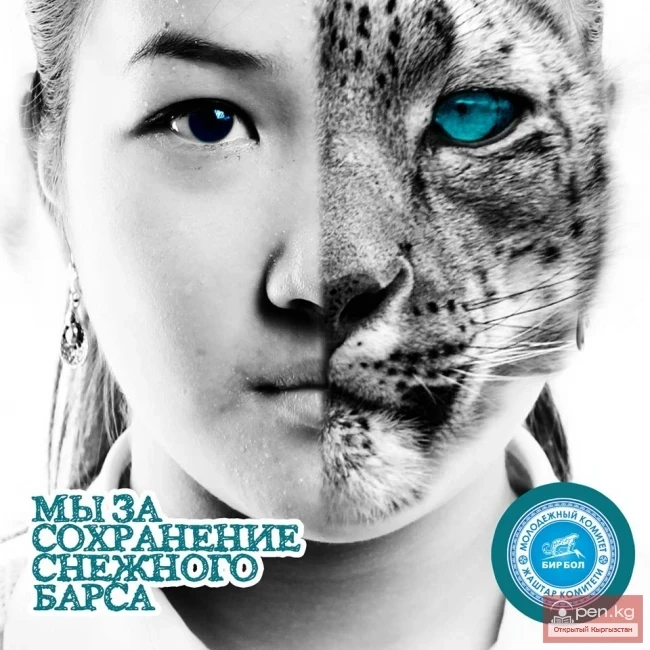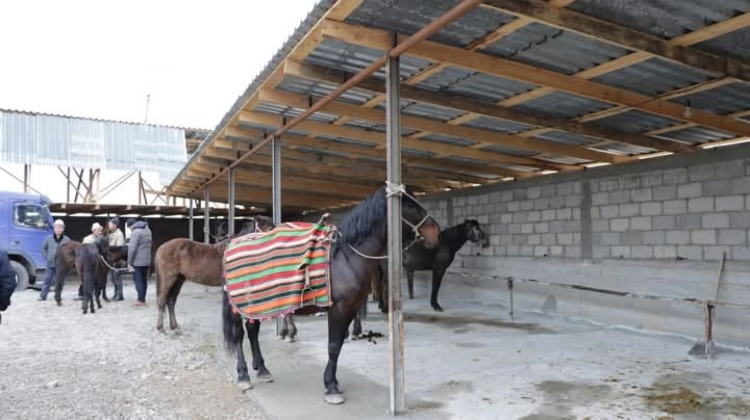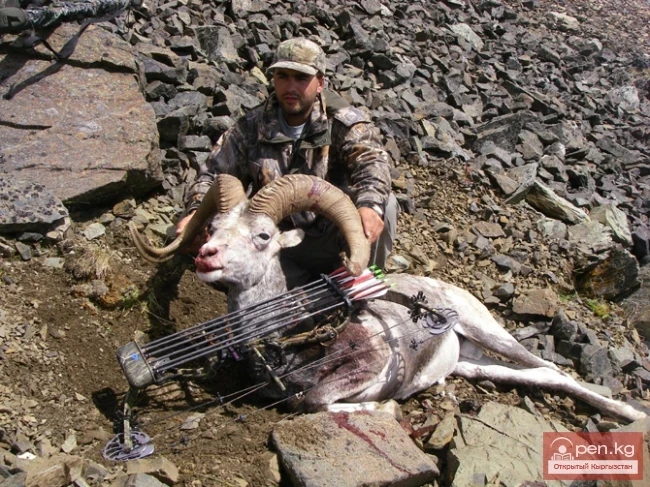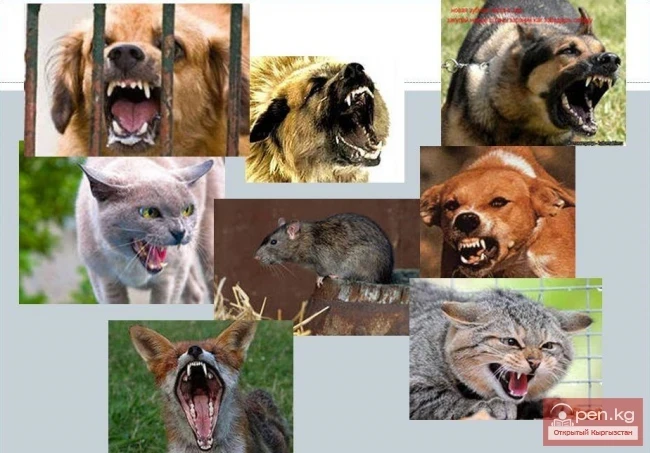
The measures proposed by the authorities to reduce the number of stray and domestic animals in Bishkek have sparked widespread resonance among the city's residents. At a recent meeting of the city council, initiatives such as shooting cats, banning dog barking at night, and feeding stray animals were discussed. Vice Mayor Ramiz Aliyev emphasized that the city hall is not against animals, but order is necessary.
Larisa Slobodskaya, head of the 'Kind Hands' foundation, expressed in an interview with 24.kg that the proposed measures could lead to negative consequences, and the long-standing experience of shooting dogs does not solve the problems.
— What is your opinion on the proposal to introduce silence for cats and dogs? Is it possible to make animals silent during certain hours?
— Cats generally behave quietly, while dogs can bark, especially when someone knocks on the door or walks through the entrance. It is impossible to make them silent.
— What is your opinion on the plans to shoot cats?
— If shooting begins, it will lead to an increase in the rat population in Bishkek. For example, in Moscow, there were cases where cats were caught and placed in shelters, while basements were closed to prevent their reproduction. But rats are a serious threat as they can carry diseases, including rabies. Shooting cats will only exacerbate the situation.
On the other hand, I support the idea of mandatory vaccination and registration of pets, but this should be voluntary. In Soviet times, veterinarians would come to homes and administer vaccinations, but this is no longer the case, and the state is not interested in hiring veterinarians.
— Do you think regulating the number of pets in Bishkek will be effective?[/b>
— The regulatory act on animal keeping has existed since 2002 and needs updating. Much has changed since then, and it is necessary to adapt the rules to modern conditions.
In Soviet times, to get a purebred dog, one had to take special courses. Today, after mass emigration when people left their pets behind, the population of animals on the streets has increased. We are facing the consequences of this phenomenon, as well as the migration of the population from villages to the city.
The current law on animal keeping does not take into account that a dog or cat is private property. No one has the right to limit the number of pets.
Larisa Slobodskaya
It is like saying, "You do not have the right to have two cars." Regulation is only possible through taxation. But most pets belong to low-income individuals, often grandmothers who take in stray animals.
[b]— What about shooting dogs? Is this really an effective measure?[/b>
— Judging by the number of stray dogs, this is absolutely useless. In Kant, there is a program of "catch - sterilization - release," and something similar was also attempted in Bishkek. However, since the shooting did not stop, the project was closed. The Bridget Bardot Foundation was involved in sterilization but ceased this activity because there is no point in investing in animals that can be shot.
[b]— What about microchipping animals?[/b>
— Sterilized animals were tagged and vaccinated, but the authorities stated that they do not care whether the animal has a tag. If complaints are received, the animals will be shot, regardless of their status.
[b]— Is there currently a program for the sterilization of dogs and cats?[/b>
— In Kant, yes, in the Issyk-Ata district, shooting has been canceled. We have approached the Bridget Bardot Foundation to request the resumption of the sterilization program, but they do not want to work with Bishkek.
Representatives of the city authorities attended meetings, and it seems that the municipality is interested in adopting Kant's experience. However, the foundation will only cooperate if the shooting is completely stopped.
[b]— What alternative measures can be proposed to reduce the number of stray animals?[/b>
— To reduce the population, it is necessary to sterilize 80% of the animals. Every clinic should provide sterilization services for free, regardless of whether the animal is a pet or a street animal. For example, in Israel, anyone can bring an animal to a veterinarian, who sterilizes it and sends the data to the city hall for funding.
[b]— Is it true that sterilized animals show less aggression?
— Yes, animals are less aggressive if they are sterilized, especially if they do not have puppies.
Overall, to reduce the number of pets, it is important that people do not pick them up from the street. It is said that people "breed" animals, but in reality, this is not the case—they are simply taken off the street.
[b]— What do you think needs to be done for people to understand that animals are not enemies, but our neighbors on the planet?[/b>
— Intolerance towards animals arises from ignorance. It is important to instill love for animals from childhood. We often conduct open lessons in private schools where we teach children how to treat living beings. But it is impossible to cover all educational institutions, so it is better to work with teachers.
Most children show love for animals. Some schools collect food and supplies for us, and this is encouraging, as it speaks to social responsibility. We would gladly accept invitations for open lessons.


